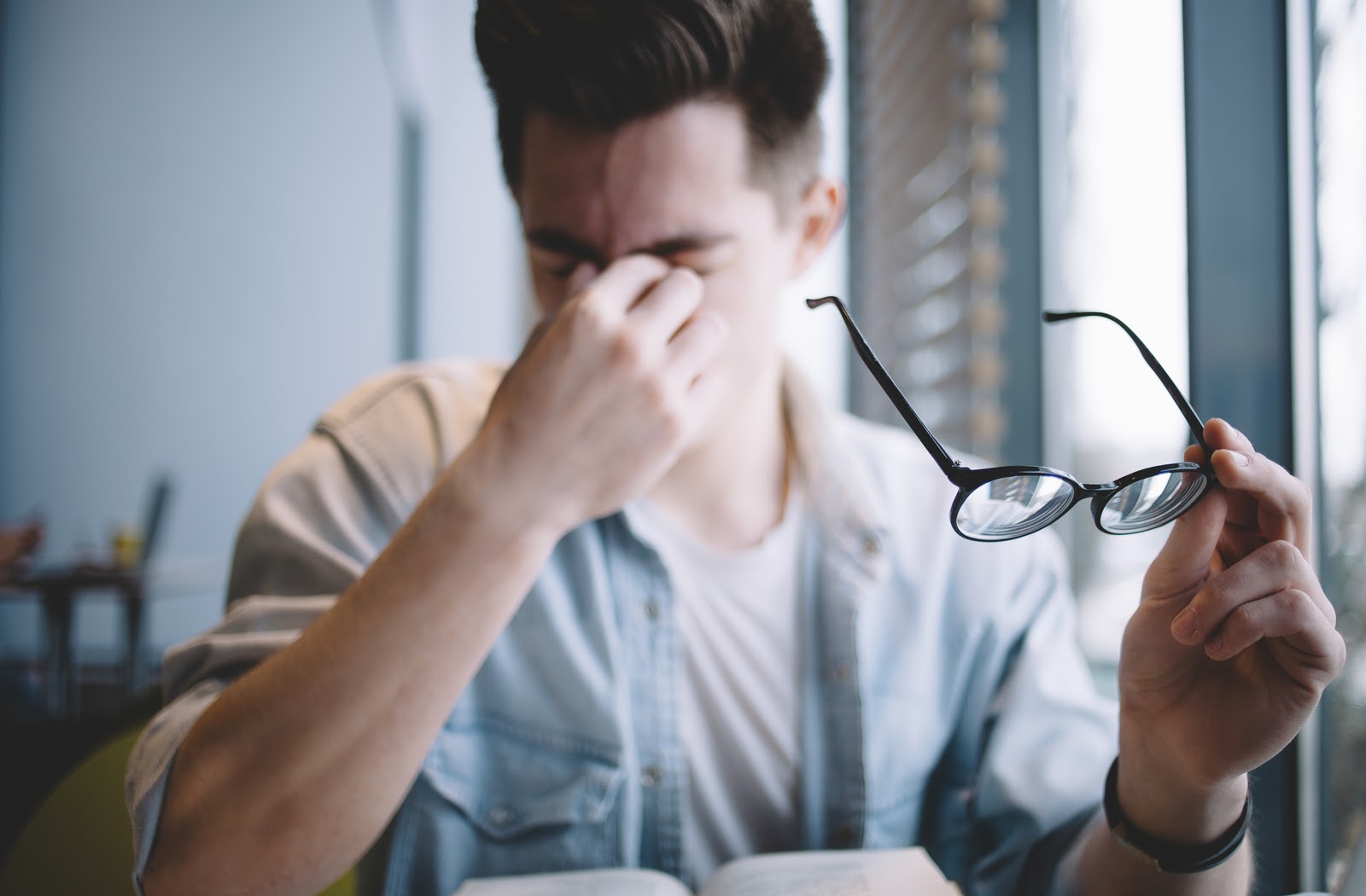
If you’re suffering from eye retina problems, the sooner you can get help, the better. That’s because many types of retinal conditions are progressive, meaning the longer they go without treatment, the worse they can get. In severe cases, retinal damage can even result in permanent vision loss in one or both eyes.
So, how do you make sure you get a diagnosis as soon as possible? It starts with recognizing the early signs of retinal disease, including common retinal issues that you may be at risk for.
Here’s a quick guide to understanding eye retina problems and signs of retina damage so you can increase your chances of early detection.
The retina is one of the most important parts of the eye. It is responsible for converting the light you see into electrical signals that are sent to the brain and turned into images. It is located at the back of the eye and is made up of two parts: the macula and the peripheral retina. The macula is considered the most important part of the retina as it provides high-definition central vision, which is crucial for seeing fine details.
There are quite a few conditions that can affect the retina. Some of the most common retinal problems are:
Issues can occur in either part of the retina and may lead to damage in other areas of the eye. Whether a condition is mild or severe depends on several factors, but only a healthcare provider will be able to tell you what the extent of the problem is.
While retina problems are certainly concerning, there are often signs of damage that can clue you in before things get too severe.
Symptoms that warrant a visit with an eye care specialist include:
You should seek immediate medical attention for these or any other sudden changes in vision. A specialist will be able to identify what might be going on and, in many cases, offer treatment to preserve vision.
Retinal disease can happen to anyone, but certain factors such as smoking, obesity, severe near-sightedness (myopia), or previous eye retina problems can increase your risk. Retina conditions can also be rooted in genetics or chronic illnesses like diabetes and/or high blood pressure and are more common in older people.
Let’s take a bit of a deeper look at the common problems noted above and how they happen.
A condition where the retina detaches from the part of the eye that provides it with oxygen and nutrients. A retinal detachment is an urgent issue and can occur without warning, often due to retinal tears. The most common initial sign may be flashes and floaters followed by progressive loss of peripheral and then central vision.
This is the most common retinal disorder in older people. Age related macular degeneration causes central vision loss and visual distortion. While it does not cause complete blindness as the peripheral vision is typically not affected, it may lead to permanent centralvision loss if left untreated.
Diabetic retinopathy refers to damage to the blood vessels of the retina due to diabetes and is the most common cause of blindess in working aged adults. This occurs when high sugar levels in the bloodstream damage the inner lining of the blood vessels to the retina, leading to either a decrease in blood flow or leakage of fluid into the retina. As a result of poor blood flow or accumulation of fluid in the retina, the vision often worsens.
A retinal vein occlusion is when the drainage of blood from the retina is blocked, preventing proper circulation and causing an accumulation of blood and fluid in the retina. It is often referred to as a “stroke” of the eye and is associated with sudden worsening of central of vision.
Treatment for retina problems varies and is based on the condition and associated symptoms. Surgery, lasers, and eye injections are some of the treatments that may help save vision or prevent further damage. In many cases, earlier treatment provides better vision outcomes. Therefore, it is important to be evaluated as soon as possible if any vision loss is noticed.
Your lifestyle plays a big role in retinal health. To care for your retina and other parts of your eye, you should refrain from smoking, maintain a healthy weight, and eat a healthy, balanced diet. You should also wear protective eyewear when engaging in any physical activity where eye injuries could occur.
It is equally important that you get regular eye examinations, especially if you suffer from diabetes. An eye specialist will be able to detect and address a retinal issue early on so that you don’t risk further complications.
Early detection is key when it comes to the health of your retina. Contact us today to schedule an appointment with a retina specialist and get support for any eye retina problems you may be experiencing.